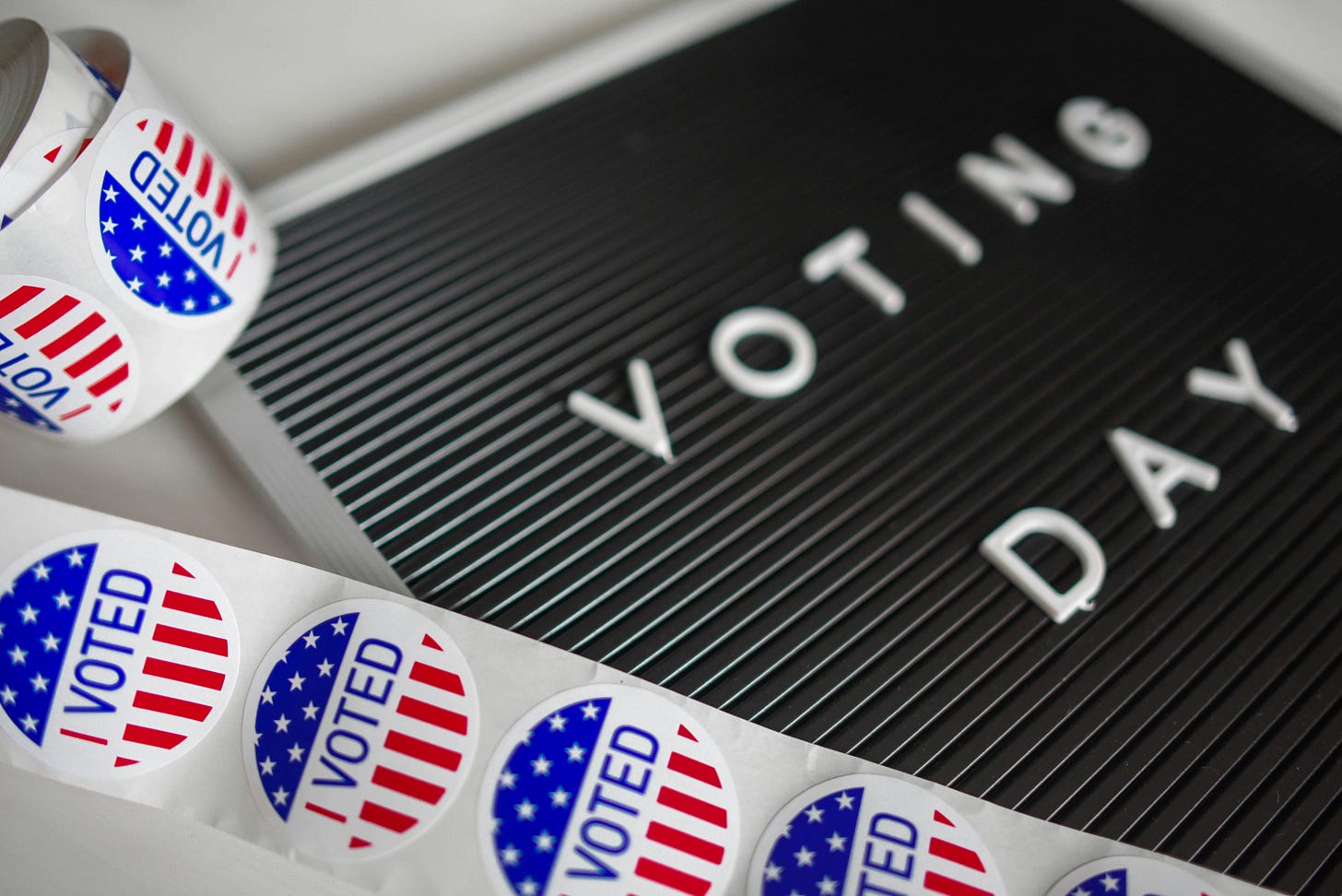"But We're a Democracy!"
Makes it sound so simple right?
In reality, the workings of our elections from state to state, and on a federal level are complex and confusing. In some ways, this is a feature and not a bug, in order to provide checks and balances. In some ways, it’s just simply a natural result of fifty states having the ability to make their own rules.
(Oh, and also we’re not a democracy. We’re a Republic. But you wouldn’t know that from listening to the talking heads these days. I won’t get off on that tangent right now.)
Today we’re going to take a look at something we’ve been seeing a lot in the 2024 primaries…uncommitted votes.
Not all states have an uncommitted option, but the ones that do can show up as “uncommitted,” “no preference,” or “noncommitted delegate.” In theory, here’s how an uncommitted vote works, per USA.gov.
During the presidential primaries, voters cast their ballot for the candidate they want to represent their political party. Those votes are tallied, and the state’s party awards delegates based on the results.
Although voters across the country cast ballots for their preferred presidential candidate in a primary election, it’s actually the delegates at the national party convention who select the presidential nominee for each major party.
So why do it?
The push to vote in this manner in 2024 has come from mainly pro Palestinian protest groups, who are showing their frustration with Biden’s pro Israel stance. They are trying to send unattached delegates, with the freedom to pick someone else at the national party convention. Here’s a bit of what X is saying:
While the numbers have been higher than normal this year, (see the almost 30% above!) they remain largely symbolic, as there simply is not another viable Democratic candidate that has been put forward to challenge President Biden at this time.
Although some X users do have an alternative in mind:
Andddd just in case you were wondering if Jill Stein is a good option:
Ok. Back to the process. What is a delegate and why do they matter?
According to fair vote.org, the delegate process varies by party.
The Democratic party has what’s known as the 15% rule. Under Democratic National Committee rules, any candidate — as well as “uncommitted” — is eligible to win delegates if they receive at least 15% of the statewide vote or 15% of the vote in any congressional district. Most Republican primaries award delegates according to a winner-take-all rule where first-place finishers win every delegate.
So again, while this is unlikely to make a difference in the Democratic nominee, it seems to have sent a clear message to the Biden administration, as they announced that we will using US Troops (yes, boots on the ground) to build a dock in Gaza to bring in aid.
Sigh. How are we feeling about boots on the ground in Gaza?
Conclusion, uncommitted votes - the super short version:
The uncommitted vote movement is unlikely to result in any meaningful change in nominee.
It does seem to have sent a message, however, to the Biden Administration.
This could possibly set a precedent for the future for movements looking to send a message on either side, that do not feel they have a good candidate.






